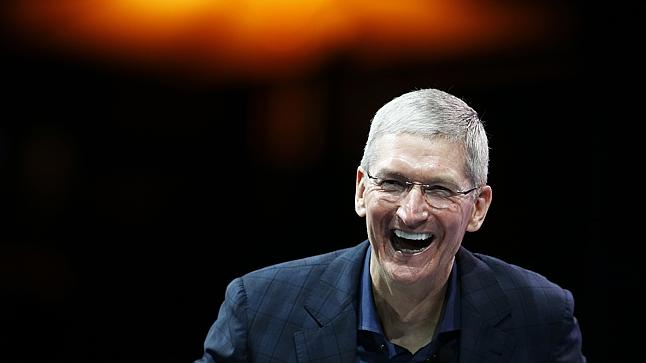Apple’s iPhone X is really a special smartphone for the company and a tough rival for Android family as well. Among its super cool features like Animojis and improved OLED displays, iPhone X’s Face ID represents a pure sign of uniqueness.
Apple ditched Home Button in for its tenth-anniversary smartphone and introduced a new biometric authentication method, called as Face ID. Though Android-powered smartphones have been offering a face recognition technology for quite a while now, but it is not as secure as Apple’s Face ID. The Face Unlock of Android is a software feature which requires some help from smartphone’s camera to scan a 2D image for various facial features, which is fast but immature tech as well.
On the contrary, Apple’s Face ID uses a combination of an infrared emitter and sensor (which it calls TrueDepth) to throw 30,000 points of infrared light on and around your face and also capture flat or 2D infrared images. For the points, the reflection is measured, which allows it to calculate depth and angle from the camera for each dot and construct a depth map. Apple has induced all these sensors in iPhone X’s notch on the top of the display to keep it bezel-less.
Even the phones of Apple’s closest rival Samsung, Galaxy S9 and Galaxy S9+, released last week, offer a feature called Intelligent Scan that scans both a person’s face and irises. However, the facial component is still a 2D scan and therefore less secure than Face ID.
However, now it seems like Android competition will be able to find a solution, but not very soon. In an interview with Reuters, Bill Ong at Viavi, a supplier of a critical component that goes into the 3D-sensing components, said that his company should be able to start producing some units for Android manufacturers by the end of this year. This means that mass production of the components won’t begin until 2019, so most popular device makers, like Samsung, will need to wait.
Meanwhile, Apple is rumored to be introducing Face ID in almost all upcoming iPhones including the mid-range offering iPhone X SE.











